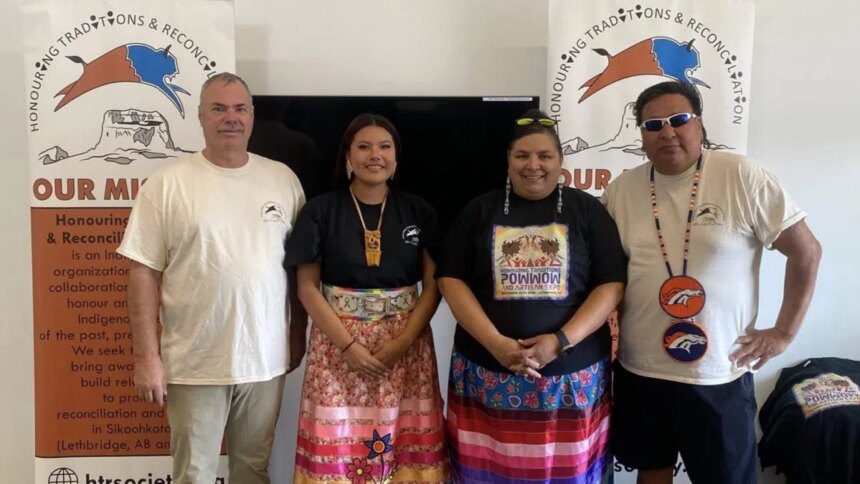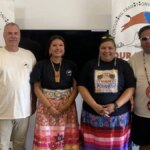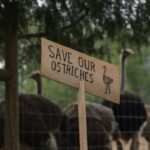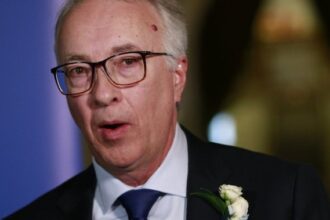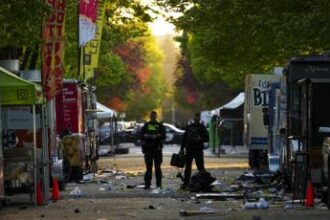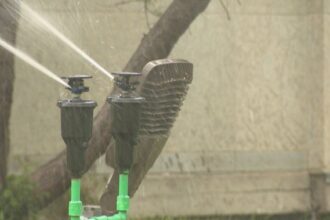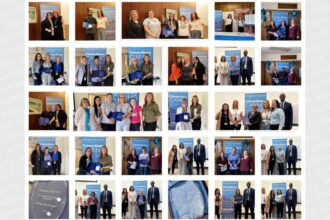The southern Alberta city of Lethbridge will transform into a vibrant hub of Indigenous heritage this September as a weeklong celebration of traditional Blackfoot culture takes center stage during Alberta Culture Month. The unprecedented series of events will showcase the rich artistic traditions, ceremonial practices, and contemporary innovations of Indigenous communities that have called this region home for thousands of years.
“This isn’t simply about displaying our culture—it’s about creating genuine connections between Indigenous and non-Indigenous communities,” explains Elder Margaret Running Bird, who has spent months helping coordinate the celebrations. “When people understand our traditions, they begin to see the depth and wisdom that Indigenous knowledge systems offer to everyone.”
The celebration marks a significant expansion from previous years’ events, with the Lethbridge Indigenous Cultural Centre partnering with the city government to develop programming that spans seven consecutive days. Activities will include traditional dance performances, storytelling circles, art exhibitions featuring both traditional and contemporary Indigenous artists, and hands-on workshops teaching traditional crafts such as beadwork and moccasin making.
One highlight will be the “Living Knowledge” symposium at the University of Lethbridge, where Indigenous scholars and knowledge keepers will discuss the integration of traditional wisdom with contemporary challenges facing both Indigenous and broader communities. Topics range from environmental sustainability practices to Indigenous approaches to mental health and wellness.
City Councillor Thomas Whitehorse, who championed increased funding for the expanded celebration, points to the economic benefits alongside the cultural significance. “Our data shows cultural tourism draws visitors from across Alberta and neighboring provinces. This celebration will bring people to Lethbridge who might otherwise never experience what our city has to offer.”
The celebration comes amid growing recognition across Canada of the importance of Indigenous cultural revitalization as part of reconciliation efforts. According to the Assembly of First Nations, cultural events like these serve dual purposes: preserving traditions within Indigenous communities while building understanding with non-Indigenous Canadians.
Participation from local schools represents another vital component of the week’s events. Over 2,000 students from elementary through high school will attend specially designed educational programs. “When young people—Indigenous and non-Indigenous alike—learn these traditions, they carry them forward,” says Melissa Two Bears, education coordinator for the cultural center. “This isn’t about history in textbooks; it’s living culture.”
The weeklong celebration will culminate in a community feast featuring traditional foods and a powwow that organizers expect to draw dancers and drum groups from across Western Canada and the northwestern United States. Last year’s single-day event attracted over 3,000 attendees—numbers expected to more than double with the expanded format.
“What we’re seeing in Lethbridge reflects broader trends across the country,” notes Dr. James Crowfoot, professor of Indigenous Studies at the University of Calgary. “Indigenous communities are reclaiming cultural spaces while simultaneously extending invitations to non-Indigenous people to learn and participate in appropriate ways. These aren’t opposing forces—they’re complementary aspects of cultural revitalization.”
As communities across Alberta and beyond grapple with the ongoing work of reconciliation, events like Lethbridge’s Indigenous culture week offer tangible opportunities for engagement. The question remains: can these cultural celebrations move beyond appreciation to foster the deeper understanding necessary for meaningful societal transformation?

